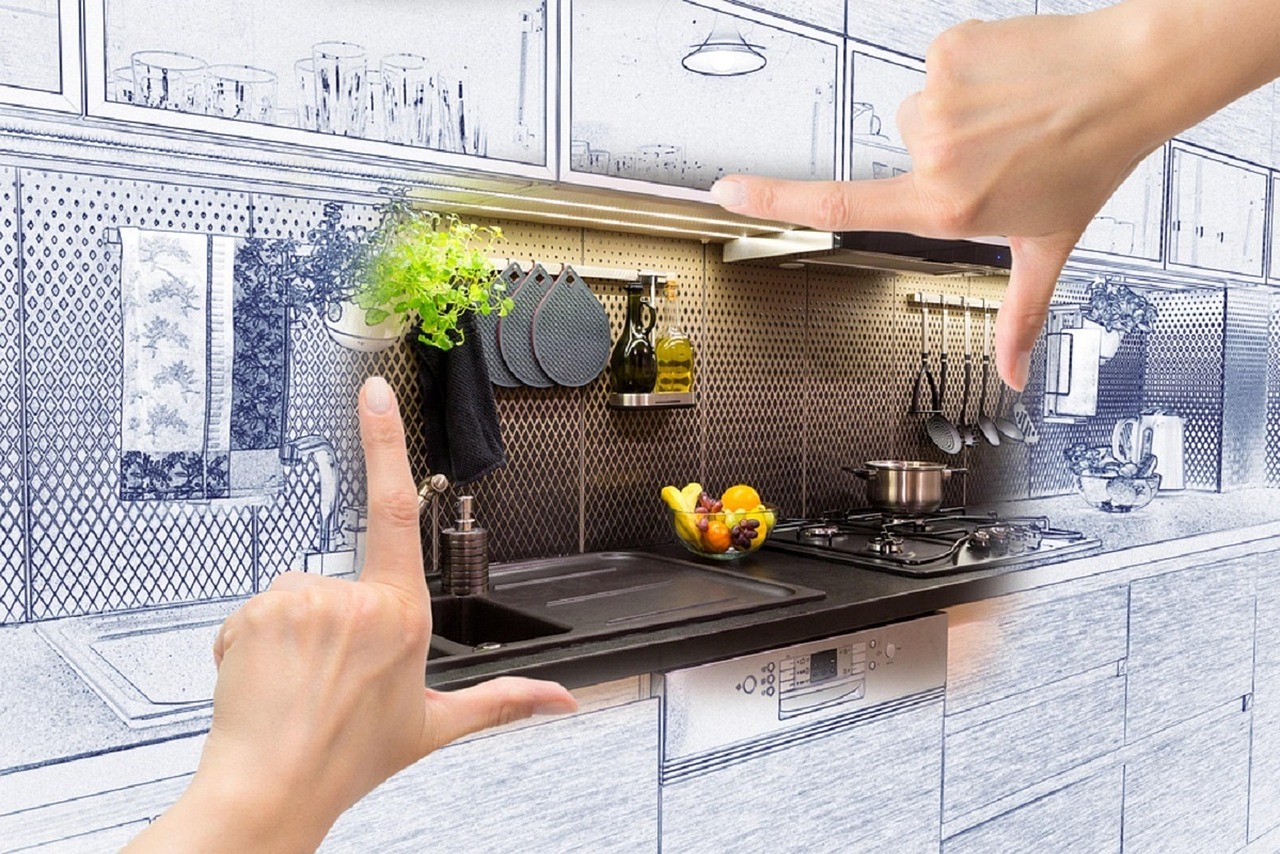Toronto kitchen renos turn into money pits fast. Families think they planned for everything, but kitchen remodeling Toronto hides about twenty hidden costs that surprise folks mid-project. Most homeowners add five to twenty-five percent more to their budgets before reno ends.
The Big Money Drain Starts Here
A reno that should take eight weeks stretches to four months. Costs balloon from thirty-eight thousand to sixty grand. Permits, plumbing, electrical work, and hidden wall damage drain cash quick. Lack of prep work before demo is the first big culprit.
Many Toronto homes were built before nineteen fifty. Old wiring, cracked plaster, asbestos, and bad plumbing hide inside walls. Crews break through drywall and find problems nobody saw coming. Costs spike two to five grand just to address these surprises.
Surprise One: Budget Math That Fails
Most homeowners pick a budget based on Pinterest pics, not facts. They allocate forty percent to cabinets and hope the rest covers everything. Mid-project, they learn appliances cost more, counters run high, and labor eats the budget.
Smart move? Add twenty to twenty-five percent buffer to your estimate. If your base cost is fifty grand, add ten to twelve grand for surprises. This covers permit hikes, demo costs, waste removal, and design changes.
Surprise Two: Condo Red Tape Kills Timelines
Condos have strict rules. No hammering before eight am. No work after six pm. Certain plumbing setups forbidden. Gas line moves need approval. Miss one rule and your permit gets revoked.
Review your condo docs before signing a contract. Ask the board how long approvals take. Some take four weeks. Others need eight. Budget this time into your schedule.
Surprise Three: Structural Issues Behind Walls
Asbestos floor tiles, knob-and-tube wiring, and cast-iron pipes break budgets. Testing costs one thousand to three thousand dollars. Removal adds another thousand to five thousand. Skip this check and you might hit asbestos during demo.
Pre-demo inspections catch these early. Electricians verify code status. Plumbers check for corrosion. A third-party inspector spots structural issues. These inspections cost two hundred to five hundred dollars but prevent ten-thousand-dollar disasters.
Surprise Four: Permit Fees That Multiply
Electrical inspection adds cost. Plumbing inspection adds more. If you move walls or alter framing, structural engineering gets added too. Total permit costs run eight hundred to twenty-five hundred dollars.
Permit delays cause the most stress. Toronto’s backlog means two to four week waits. Missing an inspection means another delay. Plan for this. Budget three to four weeks just for permit stuff.
Surprise Five: Material Price Swings
Cabinetry prices rose thirty-five to fifty percent since twenty twenty-one. Countertops jumped twenty to thirty percent. Special tiles and finishes spike too. Lock in quotes early and get price holds.
Material lead times also shock folks. Custom cabinets need eight to ten weeks. Granite counters take five to seven weeks. Subway tile runs six to eight weeks. Rushed orders cost more and delay less-urgent items.
Surprise Six: Kitchen Unavailable for Weeks
Eating out daily adds five hundred to six hundred dollars per week. Paper plates and plastics run two hundred dollars per week. Some rent temp kitchenettes for one thousand to fifteen hundred per week. Budget a month of meals out, not two weeks.
Rent that small storage unit to hold cabinets and appliances. Costs run two hundred to five hundred dollars. Worth it to keep your garage clear.
Surprise Seven: Labor Costs Stack Up
Toronto labor runs twenty-five to fifty dollars per hour. A kitchen reno needs carpenters, plumbers, and electricians. Labor alone eats twenty to twenty-five percent of your budget.
Some contractors charge ten to fifteen percent of the whole project for managing timelines. On a fifty grand reno, that’s five to seven grand just for project management. Is it worth it? Yes. Pros catch issues early and keep trades on schedule.
Surprise Eight: Fixture Shortages
Supply chain problems still haunt Toronto in twenty twenty-five. Appliances ship from overseas with long delays. Faucets run out of stock. Cabinet hardware becomes hard to find.
Order popular items early. Skip ultra-trendy finishes—they disappear from stock fast. Stick to classic styles available year-round.
-
Plan for eight to ten week delays on custom items
-
Add a twenty-five percent budget buffer for hidden costs
-
Get a pre-demo inspection for asbestos and old wiring
-
Review condo rules before contracts get signed
-
Budget one month of eating out during demo
Surprise Nine: Design Changes Cost Big Money
Picking new backsplash mid-project adds one thousand to twenty-five hundred dollars. Moving a door costs fifteen hundred to thirty-five hundred dollars. Layout tweaks during demo multiply costs.
Finalize your design before demo starts. Have detailed drawings and specs ready. Changes after demo begins cost triple.
Surprise Ten: Appliance Upgrades Blow Budgets
A basic stove and fridge might be budgeted for three thousand. Upgrading to high-end brands costs six to ten grand. That tempting sub-zero fridge costs eight thousand alone.
Pick your splurge item—maybe the stove. Save on other appliances. A well-designed kitchen with mid-range appliances beats a trendy one with budget gear.
Surprise Eleven: The Contingency Gets Eaten
You set aside three grand for surprises. Turns out the floor is rotten under old linoleum. Pipes burst. Framing fails inspection. That contingency disappears fast.
Add a second contingency—an extra five percent for real emergencies. Smart contractors warn you when budgets get tight.
Getting It Right This Time with a Pro
Quality kitchen renos cost more upfront but deliver lasting value. Hiring a pro project manager costs extra but prevents costly delays. Getting permits right saves weeks of stress.
Expect surprises. Budget for them. Communicate with your contractor daily. Check progress weekly. The best reno is one where both you and the contractor understand costs and timelines before work begins.

